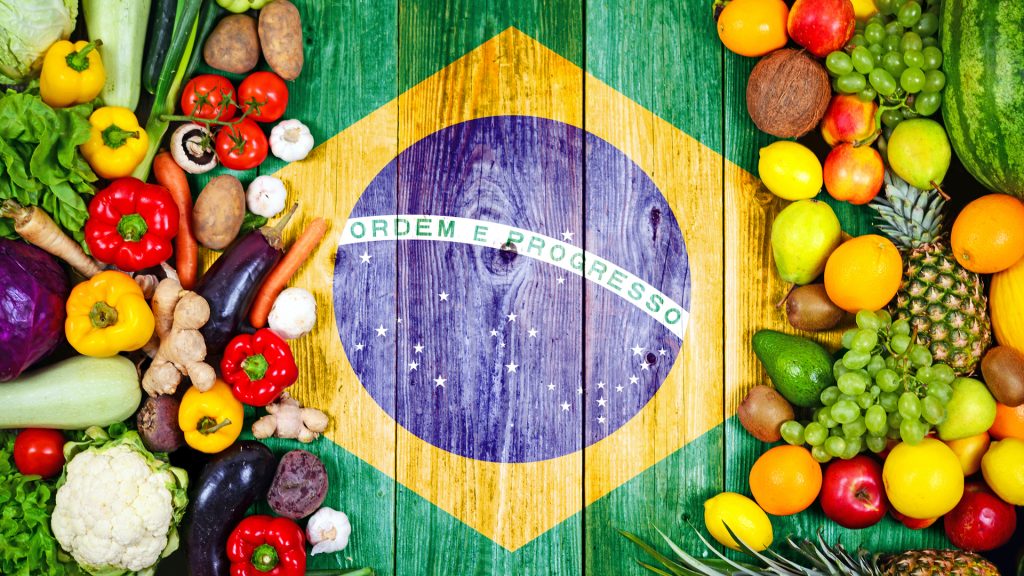Brazil’s trade relations with the Middle East scaled new heights in 2017, recording a growth of 18.43% in exports from $11.5bn in 2016 to 13.6bn in 2017.
Additionally, a growth of 23.37% was also recorded in imports from $5.2bn in 2016 to $6.4bn in 2017, according to figures released by the Arab-Brazilian Chamber of Commerce (ABCC).
Brazilian exports to Saudi Arabia accounted for $2.6bn, up 6.9% from 2016, while exports to the UAE amounted to $2.5bn, up 12.2% YoY. Oman, Bahrain, and Kuwait received Brazilian goods worth $695mn, $339mn and $222mn respectively in 2017.
In 2017, exports from Saudi Arabia to Brazil amounted to $1.9bn, up 44.72% from 2016, while UAE exported goods worth $186mn. Meanwhile, exports from Oman, Bahrain, and Kuwait to Brazil amounted to $138mn, $94mn, and $135mn respectively.
The most exported Brazilian items to Arab countries in 2017 were cane or beet sugar and chemically pure sucrose in solid form; meat and edible offal of both fresh and frozen poultry; maize; meat of bovine animals; artificial corundum, aluminium oxide and aluminium hydroxide; iron ores and concentrates including roasted iron pyrites; and motor cars and other motor vehicles principally designed for passenger transport.
The most imported items to Brazil from the Arab countries, on the other hand, include mineral fuels, mineral oils, bituminous substances and mineral waxes; fertilisers; plastic; salt and sulphur; earth and stone; plastering materials, lime and cement; organic chemicals; and fish, crustaceans and mollusks, and other aquatic invertebrates.
Rubens Hannun, president of Arab-Brazilian Chamber of Commerce, said: Brazil and the Arab World have always maintained great trade relations and the export-import figures for 2017 reflect uninterrupted growth. We expect the trend to continue into 2018 and beyond, riding high on the success brought in by the shared commitment by both parties to encourage more productive trade relations.”
In a 2017 report by the Brazilian Coffee Exporter Council Coffee, exports from Brazil to the Arab region rose by 29.7% to $112mn during the first seven months of the year, compared to the same period in 2016.




